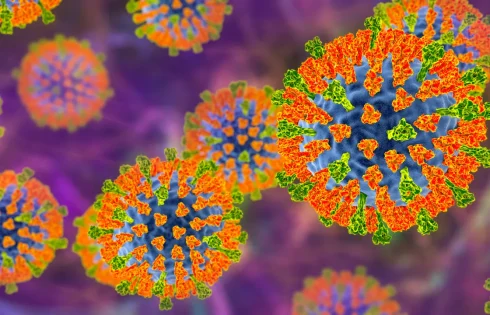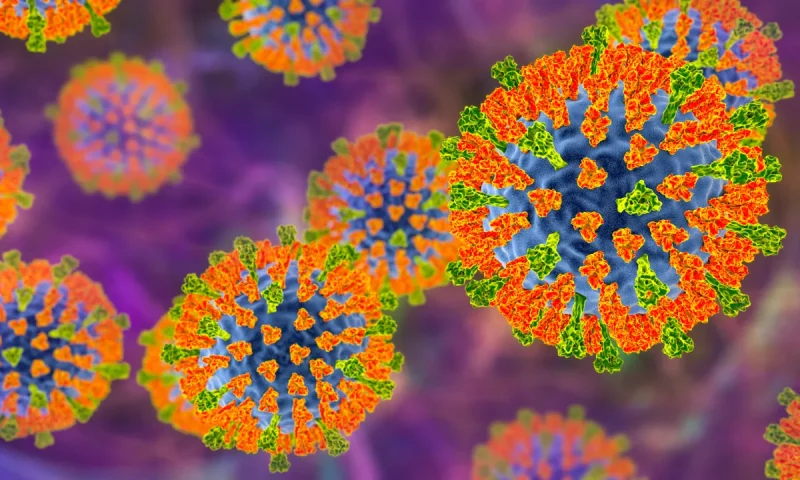
KANSAS CITY, Mo. — Missouri has its first confirmed case of measles, health officials announced Friday.
The Missouri Department of Health and Senior Services (DHSS) said someone visiting Taney County has a confirmed case of measles. This person has been associated with recent international travel, according to the DHSS.
“The case is in a child whose vaccination status has not yet been verified,” the DHSS said. “There is no indication of widespread exposure as this person was diagnosed soon after arrival to Taney County.”
The DHSS said exposure is believed to be limited, and known contacts have been identified and contacted.
This is the first confirmed measles case detected in Missouri this year.
“For those unvaccinated or those unsure of their vaccination status, now is the time to review records and get caught up if needed,” said Dr. George Turabelidze, state epidemiologist with DHSS.
The DHSS is supporting the Taney County Health Department with the disease investigation and advising individuals who may have been exposed.
What to know about measles
Measles is a highly contagious viral illness that typically begins with fever, cough, runny nose and red and watery eyes. Symptoms appear within 7 to 14 days after contact with the virus. Tiny white spots may appear inside the mouth 2 to 3 days after symptoms begin.
Measles rash appears 3 to 5 days after the first symptoms. It usually begins as flat red spots that appear on the face at the hairline. They then spread downward to the neck, trunk, arms, legs and feet.
Measles can cause severe health complications, including pneumonia, encephalitis (inflammation of the brain) and death.
Measles can be transmitted by direct contact with infectious droplets or by airborne spread when an infected person breathes, coughs or sneezes. The virus can remain infectious in the air and on surfaces for up to 2 hours after an infected person leaves an area.
People who are infected will begin to have symptoms on average 1 to 2 weeks after being exposed to a person with measles.
People who think they have measles or may have been exposed to measles should isolate themselves and call their health care provider before arriving to be tested. It is important to let the provider know that the patient may have measles and to get instructions on how to come to the office for diagnosis without exposing other people to the virus.

